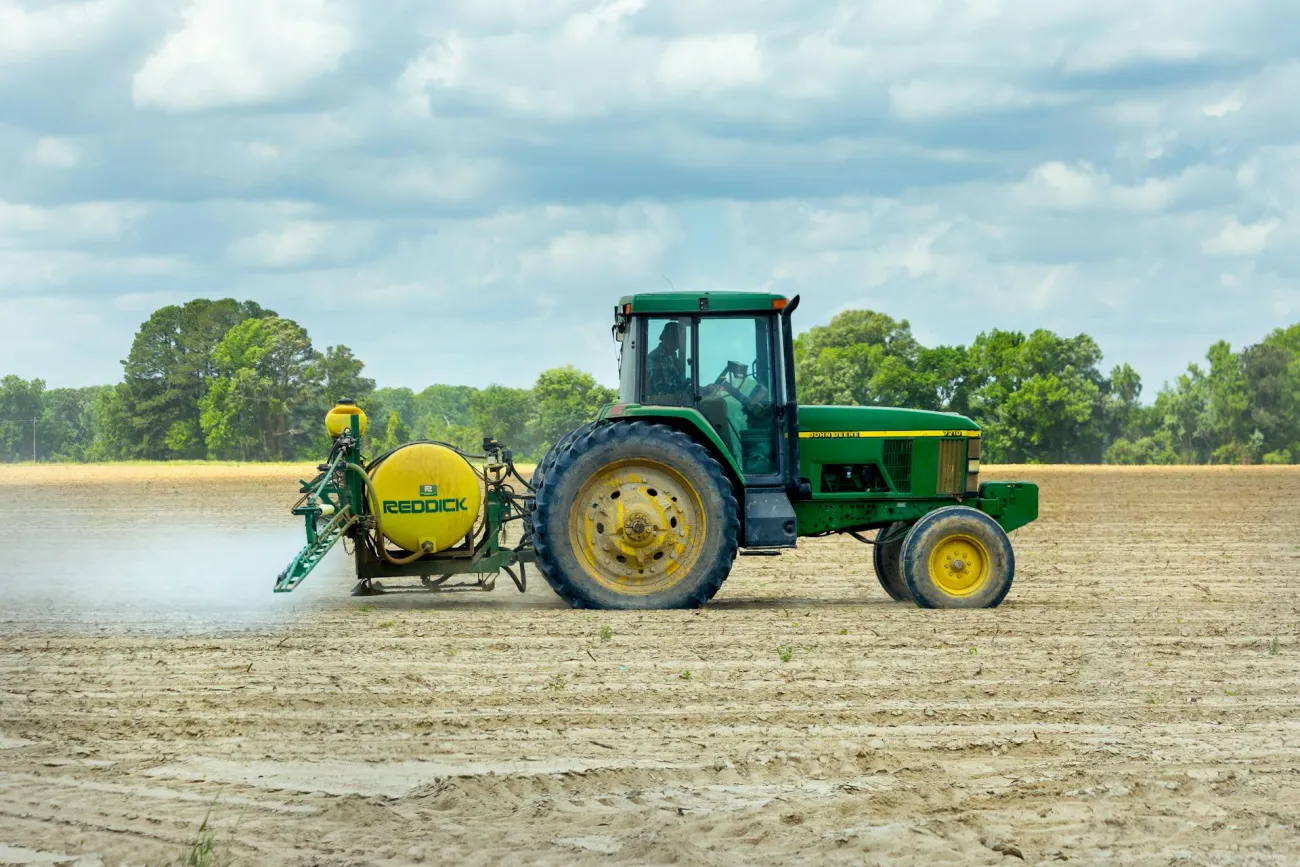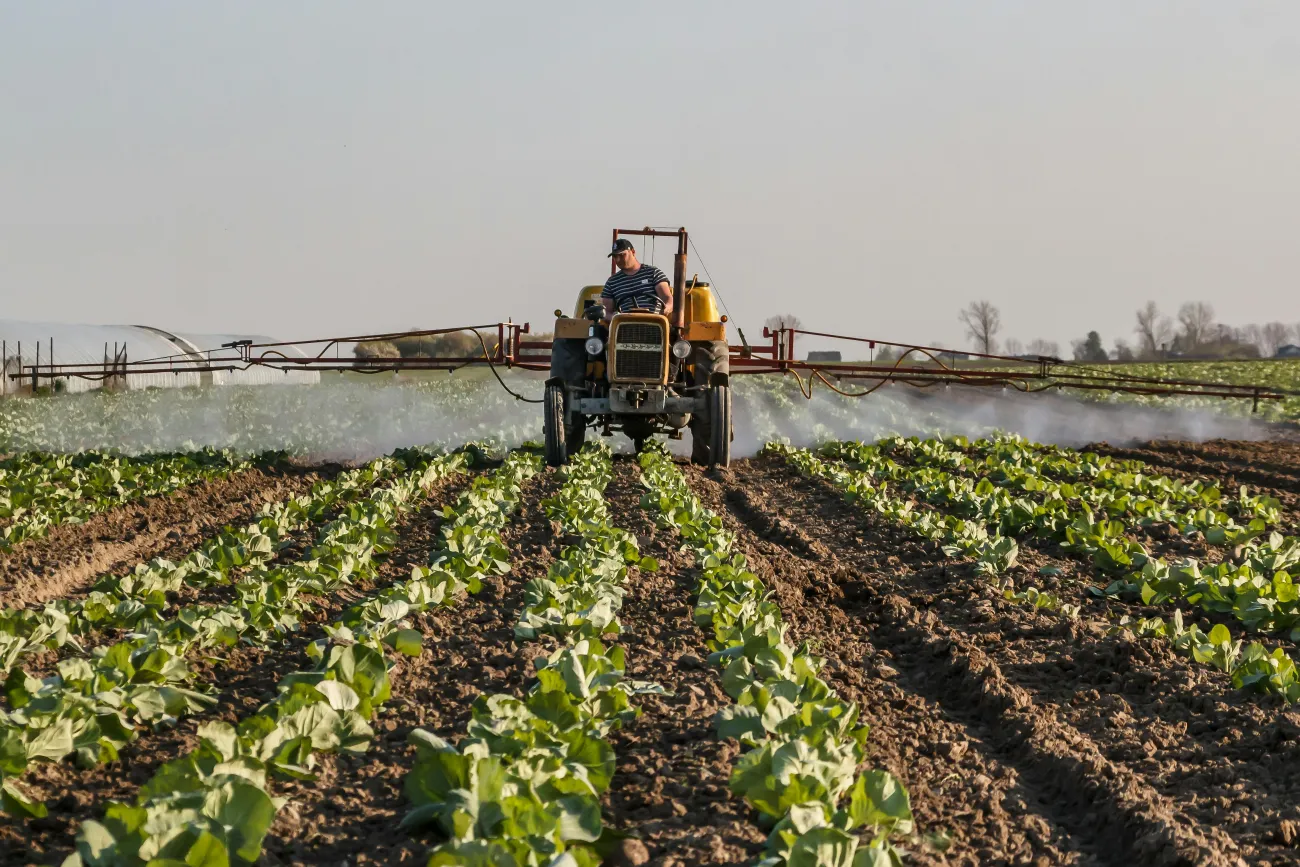This paper argues that organic agriculture can feed the world. The authors state that the principal objections to the proposition that organic agriculture can contribute significantly to the global food supply are low yields and insufficient quantities of organically acceptable fertilizers. They evaluate the universality of both claims.
The authors compare yields of organic versus conventional or low-intensive food production for a global dataset of 293 examples and estimate the average yield ratio (organic:non-organic) of different food categories for the developed and the developing world. Model estimates indicate that organic methods could produce enough food on a global per capita basis to sustain the current human population, and potentially an even larger population, without increasing the agricultural land base. They also evaluate the amount of nitrogen potentially available from fixation by leguminous cover crops used as fertilizer. Data from temperate and tropical agroecosystems suggest that leguminous cover crops could fix enough nitrogen to replace the amount of synthetic fertilizer currently in use. These results indicate that organic agriculture has the potential to contribute quite substantially to the global food supply, while reducing the detrimental environmental impacts of conventional agriculture.
Reference
Badgley, C., Moghtader, J., Quintero, E., Zakem, E., Chappell, M.J., Aviles-Vazquez, K., Samulon, A. and Perfecto, I., 2007. Organic agriculture and the global food supply. Renewable agriculture and food systems, 22(2), pp.86-108.
You can find the paper here (pdf).




Comments (0)